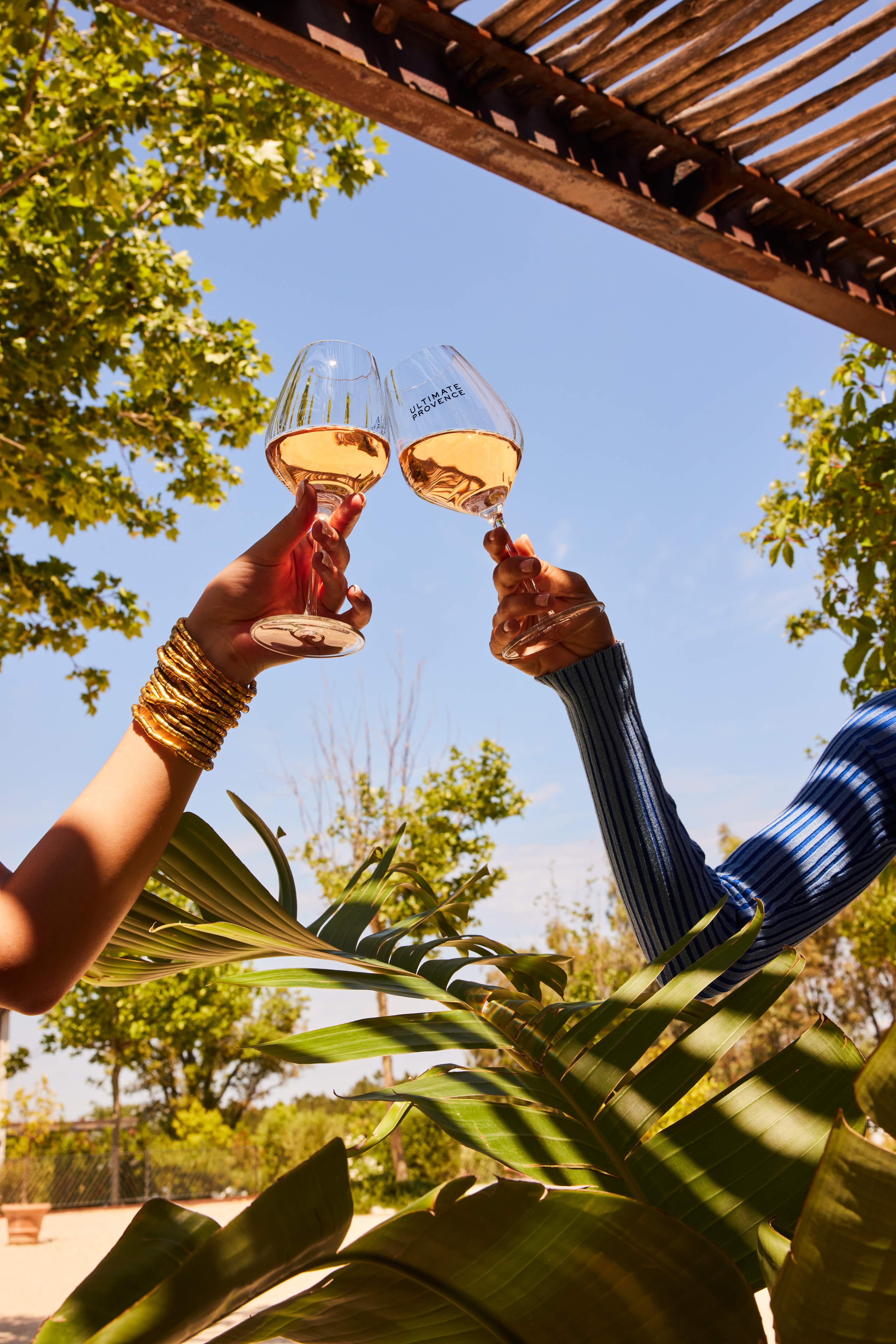Organic products are experiencing increasing success, and everyone is becoming aware of the benefits of organic farming, whether for the planet or for health. On the vineyard side, winegrowers have also gotten into it, and are offering more and more organic vintages. As with conventional wine, amateurs then begin to learn how to choose a good organic wine .
Definition of organic wine
The definition of organic wines has evolved over time. Initially, it wasn't really the wine that was organic, but rather the grapes it was made with. Indeed, until 2012, the specifications for organic wines simply required that the fruits come from organic farming. Then, the winemaker was free to practice all the techniques he wanted, and integrate all the additives of his choice.
Since 2012, regulations have been stricter, and organic viticulture includes both the cultivation of vines, without pesticides or synthetic chemicals , and the winemaking technique, with the limitation or even banning of certain inputs and certain practice. Obtaining the “AB” label is therefore subject to more complete specifications.
On the other hand, in the mouth, organic wine does not really differ from conventional wine. It should still be noted that more and more studies show that, during a blind tasting, organic wines obtain better marks.
Organic wine and biodynamic wine: what are the differences?
In addition to organic wines, several other types of viticulture are developing, such as biodynamic wine or natural wine. Biodynamic wines have the particularity of going further in respecting the environment, using even more rigorous manufacturing methods, where all chemicals are prohibited.
The white wines, red wines and rosé wines produced biodynamically are the purest reflection of the terroir, with the most limited human intervention possible. The winemaker then aims to let nature express itself. To go further, the wine producer goes so far as to follow the lunar cycles to work his vines, always by hand.
The production of biodynamic wines is then done on small plots, because it requires a lot of work. Wines from this type of viticulture are therefore rarely found in supermarkets, and are more likely to be found in wine merchants, or even directly in the producers' cellars.
Why choose organic wines rather than conventional wines?
Choosing to drink a good bottle of organic wine is often a matter of personal conviction. Consumers are turning to this type of wine to meet their values and their desire to protect the environment . Drinking organic wine is therefore an ecological gesture, which takes nothing away from the pleasure of wine tasting.
But organic winemaking also allows you to take care of your health , without having to give up on a good little glass of wine. Indeed, grapes from organic farming and the techniques adopted by organic winegrowers ensure a healthier product, with less sugar, sulphite and phytosanitary products.
Indeed, remember that organic wine producers are not allowed to add sugar and sulphites. Sulfur dioxide is also naturally present in wine, and is sufficient to limit its oxidation.
What is the best food and organic wine pairing?
Generally speaking, organic food and wine pairings are essentially the same as with conventional wines. However, it must be recognized that certain products are particularly highlighted by these more environmentally friendly wines:
- Certified organic red wine goes quite well with cold cuts and meats. Light organic red wines will be suitable with white meat, while red meat is best accompanied by a powerful red wine;
- Organic white wines will work wonders as an aperitif, to accompany fish, with white meats, or even with a cheese platter;
- Organic rosé wines are recommended as an aperitif, but also with Provençal cuisine, grilled meats, or a sweet dessert.
To stay within a certain logic, it is advisable to serve dishes from organic farming with organic wines.
Château de Berne: an organic Provence vineyard
Château de Berne displays a marked desire to produce Provence wines as close as possible to nature. It is in this environmental approach that the estate switched to organic farming in February 2021 . After 3 years of organic conversion, the vineyard is certified organic, and each year produces rosé, red and white wines bearing organic certification.
In line with these values, the Berne area is also certified High Environmental Value level 3 , thus meeting social, environmental and economic requirements.
Organic wines are increasingly present on the shelves of our wine merchants, and overshadow conventional wines. Château de Berne recognizes itself in these values, and produces excellent organic red, rosé and white wines every year.









